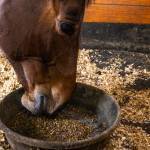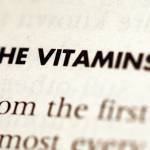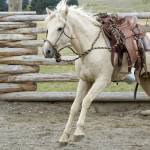Nutrition

January 24, 2010
Equine Glycogen Replacement After Exercise
Horses produce glycogen two to three times slower than humans and other animals. In contrast to humans, horses are
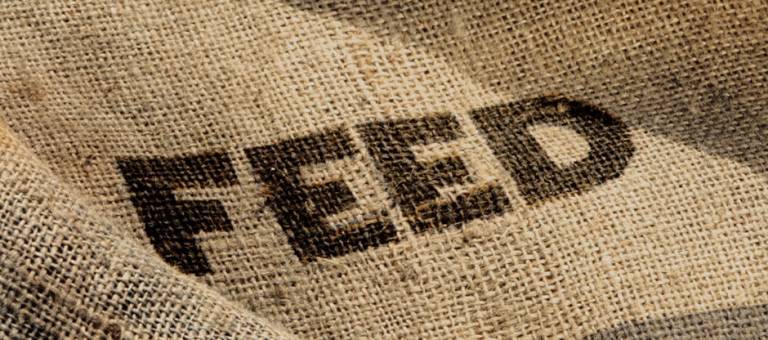
January 21, 2010
Equine Protein Requirements
A horse's requirement for protein is determined by the animal's stage of development and workload. While each horse needs
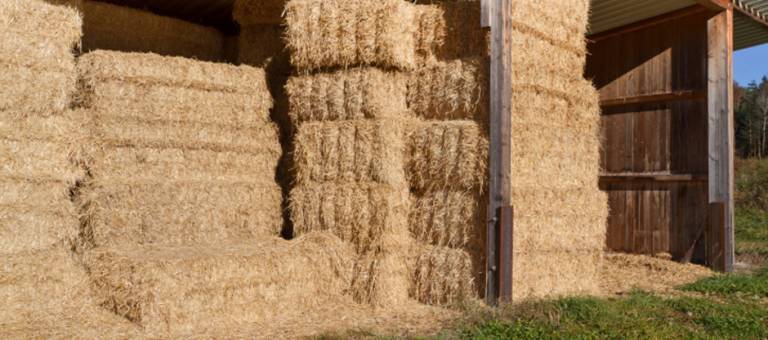
January 21, 2010
Researchers Take a Closer Look at Teff
Despite low resistance to frost and pests, researchers have recently tested teff to see how the grass stacks up
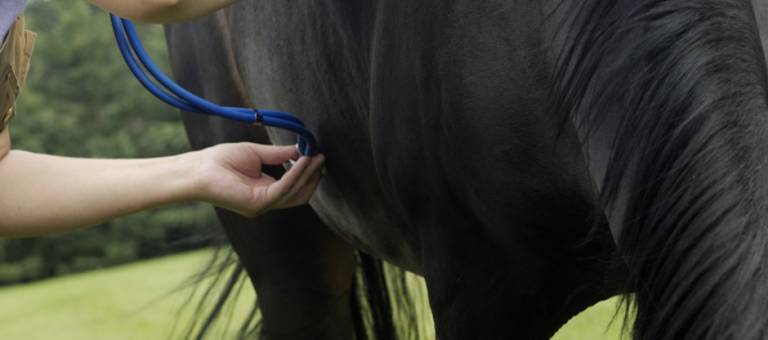
January 21, 2010
Nutrition for Horses with Small Intestinal Colic
Small intestinal colic can result from gas or fluid distension, obstruction of the small intestine (ileal impaction or roundworms),
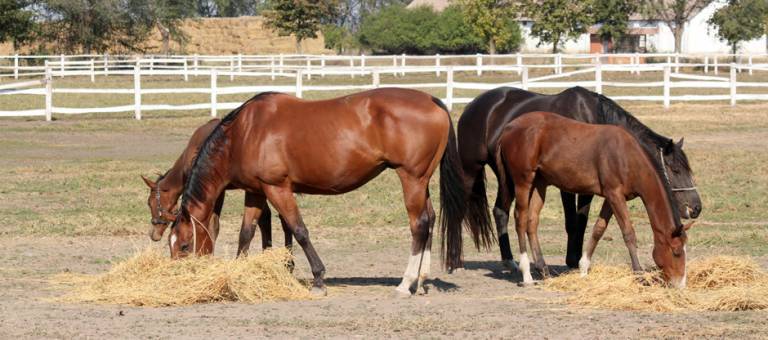
January 17, 2010
Intrauterine Marbles Fail to Alter Estrous Cycles or Related Behavior
Intrauterine placement of marbles in pony mares did not change reproductive physiology or normal sexual or social behavior, according
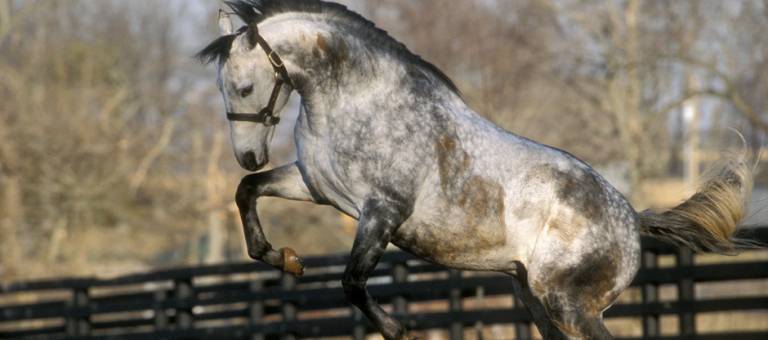
January 17, 2010
Vaccine Decreases Unwanted Horse Behavior in Study
Vaccination with gonadotropin-releasing hormone, a reproductive hormone, might decrease unwanted behavior in stallions and mares, researchers recently reported. After
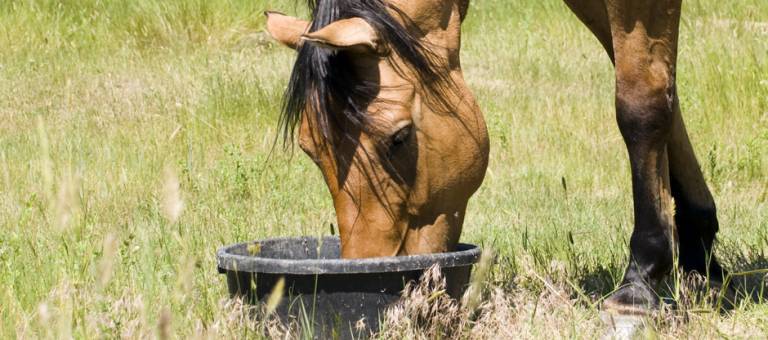
January 17, 2010
Choke: Age, Sex, and Severity Affect Outcome
Obstruction of the esophagus, commonly known as choke, is a life-threatening condition for horses and a panic-inducing event for
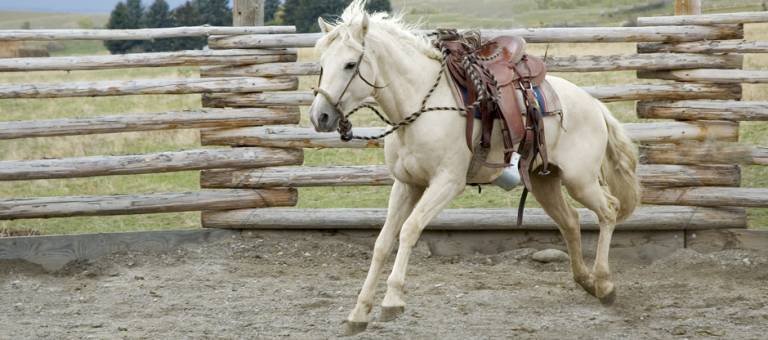
December 13, 2009
Does Nutrition Influence Equine Behavior?
In cases where a thorough veterinary exam does not turn up a medical explanation for the horse's actions, changes
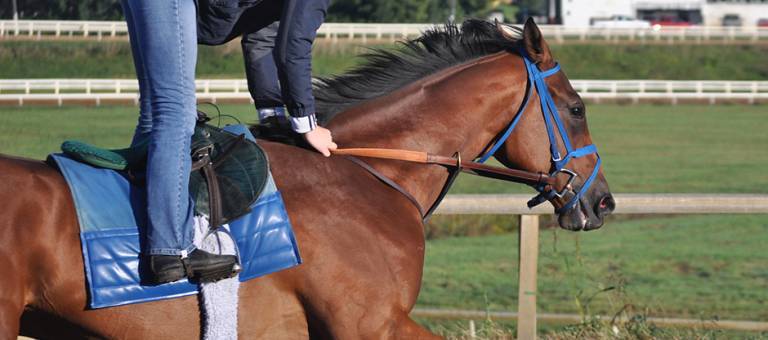
November 15, 2009
Training and Bone Development
The main role of the equine skeleton is to provide structural support. In addition to bones, the skeletal system
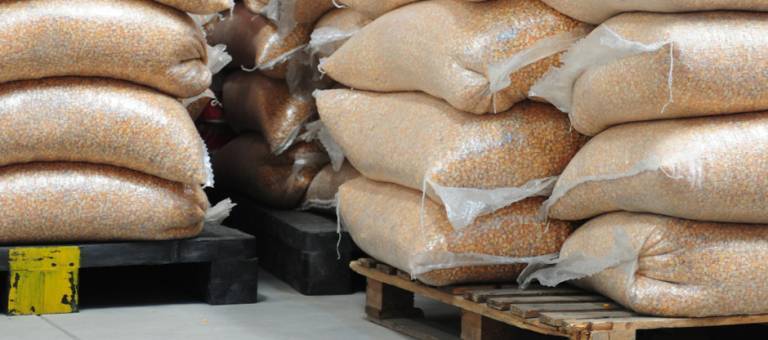
October 28, 2009
Yeast Culture: Value-Added Ingredient in Horse Feeds
Research has demonstrated that feeding yeast culture to horses positively affects energy, protein, and mineral nutrition.




